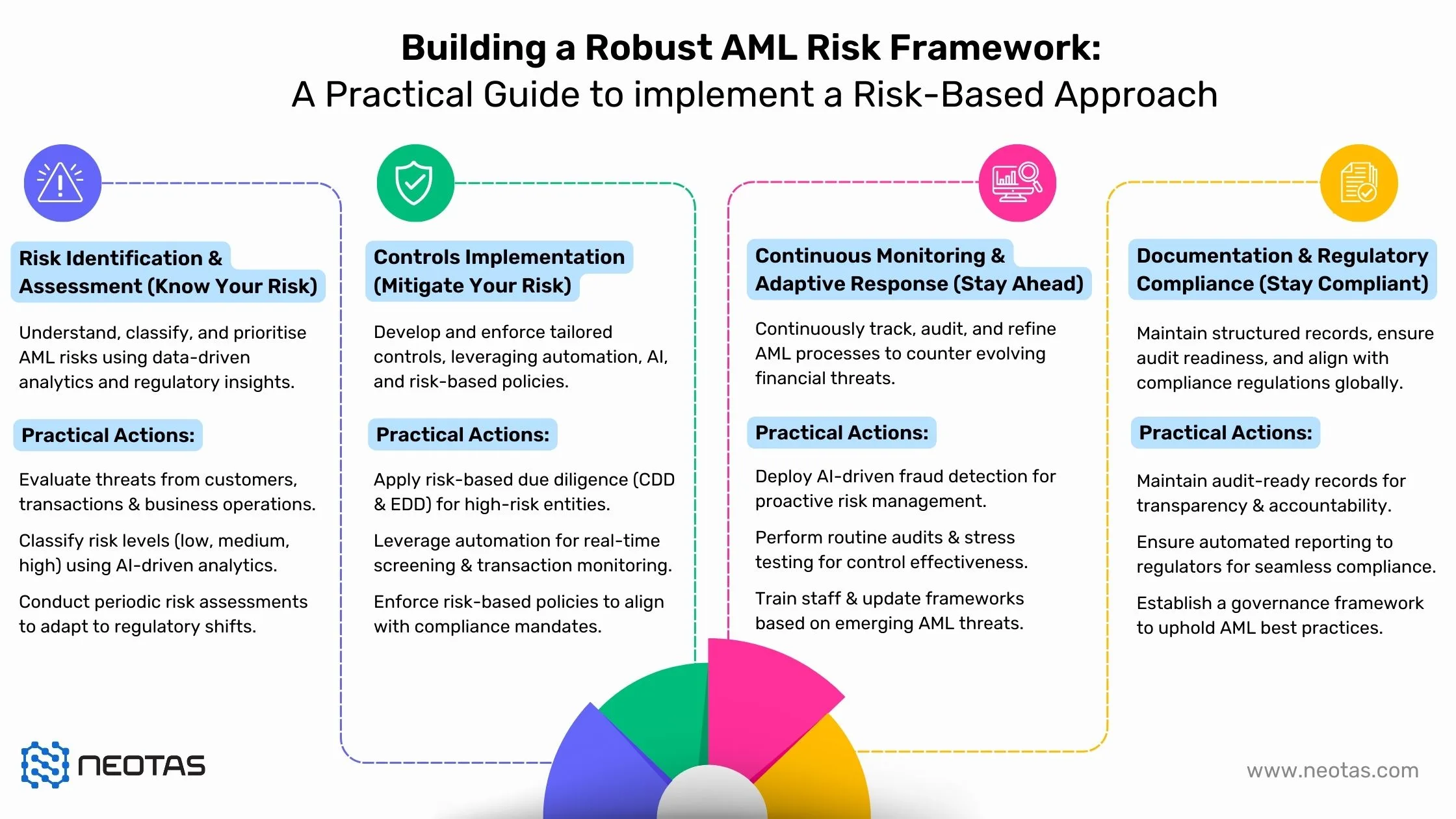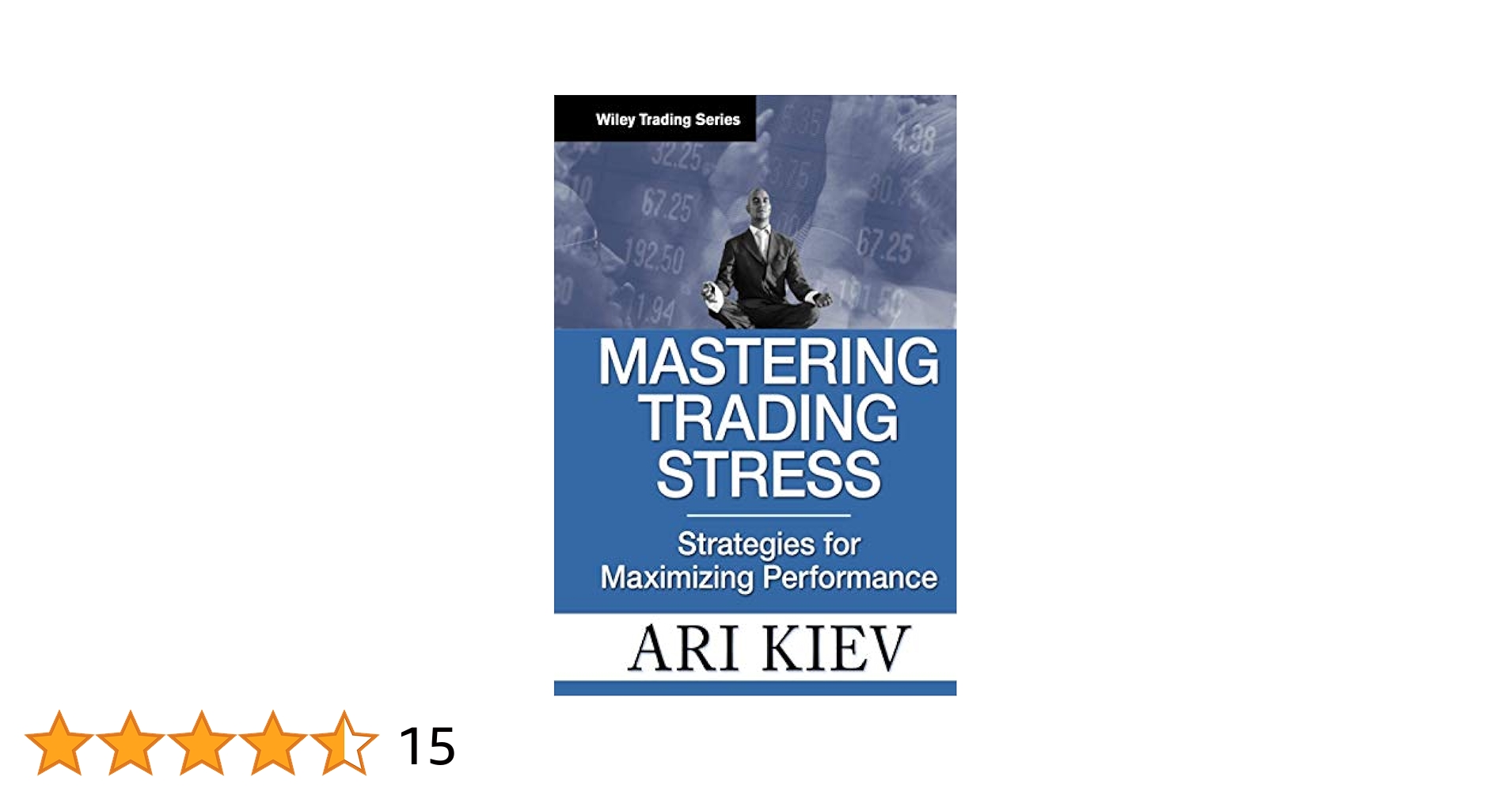Did you know that a stressed-out trader might end up making decisions as irrational as a cat in a bathtub? Stress can significantly impair day trading performance in various ways, from clouding judgment to increasing the likelihood of costly mistakes. In this article, we explore how stress impacts trading success, causes anxiety that affects decision-making, and leads to poor risk management. We’ll also discuss the physical symptoms of trading stress, its influence on focus and concentration, and how it can result in overtrading and burnout. Finally, we’ll provide strategies for managing stress to enhance your trading discipline and overall performance. Dive in with DayTradingBusiness to learn how to keep your cool and boost your trading success amidst the pressures of the market.
How Does Stress Impact Day Trading Success?
Stress hampers decision-making, leading to impulsive trades and poor risk management. It clouds judgment, making traders more likely to panic sell or hold losing positions. Chronic stress reduces focus and sharpness, increasing mistakes. High stress levels can cause emotional reactions rather than logical strategies, decreasing overall trading success.
Can Stress Cause More Trading Mistakes?
Yes, stress can cause more trading mistakes. When stressed, traders often become impulsive, overlook details, or stick to losing strategies longer than they should. High stress levels impair decision-making, reduce focus, and increase emotional reactions, leading to poor trade choices.
How Does Anxiety Affect Trading Decisions?
Anxiety causes traders to make impulsive decisions, jump into trades prematurely, or hesitate, missing opportunities. It clouds judgment, leading to overtrading or holding onto losing positions out of fear. Stress triggers emotional reactions rather than logical analysis, increasing the risk of costly mistakes. High anxiety levels can impair focus, reduce risk management, and cause burnout, all hurting trading performance.
What Are the Physical Effects of Trading Stress?
Trading stress triggers physical effects like increased heart rate, elevated blood pressure, sweating, muscle tension, and headaches. It can cause fatigue, digestive issues, and shallow breathing. These physical symptoms impair focus, decision-making, and reaction times during trading. Chronic stress may lead to long-term health problems like hypertension and weakened immunity.
Does Stress Reduce Trading Focus and Concentration?
Yes, stress reduces trading focus and concentration. High stress causes mental clutter, making it harder to analyze charts and stick to strategies. It impairs decision-making, leading to impulsive trades and missed opportunities. Traders under stress often overlook details, increasing errors and losses. Managing stress improves focus, helping traders stay disciplined and sharp during volatile markets.
How Can Stress Lead to Poor Risk Management?

Stress clouds judgment, making traders impulsive or overly cautious. It impairs decision-making, leading to rushed or hesitant trades. Under pressure, traders may ignore signals or deviate from strategies. Stress narrows focus, causing missed opportunities or excessive risk-taking. It also reduces emotional control, increasing chances of panic selling or holding onto losing positions. Overall, stress distorts perception, undermining effective risk management in day trading.
What Are Common Stress Symptoms for Day Traders?
Common stress symptoms for day traders include rapid heartbeat, sweating, trembling, headaches, fatigue, irritability, difficulty concentrating, and insomnia. Stress can cause emotional swings, impulsive decisions, and reduced focus, harming trading performance. It may also lead to physical symptoms like stomach upset or tight muscles, impairing judgment during market moves.
How Does Emotional Stress Influence Trading Outcomes?
Emotional stress impairs decision-making, leads to impulsive trades, and reduces focus, harming day trading performance. High stress can cause traders to deviate from strategies, chase losses, or panic sell. It decreases cognitive clarity, making it harder to analyze market trends objectively. Chronic stress increases the likelihood of mistakes and emotional reactions that drain capital. Managing stress improves discipline, sharpens judgment, and stabilizes trading results.
Can Stress Cause Traders to Overtrade?
Yes, stress can cause traders to overtrade. When stressed, traders often chase losses or try to recover quickly, leading to impulsive decisions and excessive trading. Stress impairs judgment, making it harder to stick to strategies and increasing the likelihood of overtrading.
How Does Stress Affect Trading Discipline?
Stress clouds judgment, making traders impulsive and prone to emotional decisions. It skews risk assessment, leading to overtrading or holding onto losing positions. High stress drains focus, causing missed opportunities and mistakes. When stressed, traders might ignore their strategies, chasing quick wins instead of sticking to plans. Over time, stress erodes discipline, increasing the likelihood of costly errors and burnout.
What Are Strategies to Manage Trading Stress?

Manage trading stress by setting strict stop-loss orders to limit losses, sticking to a solid trading plan, and avoiding emotional decisions. Practice mindfulness or quick breathing exercises during trading to stay calm. Take regular breaks to clear your head and prevent burnout. Keep a trading journal to track emotions and learn from mistakes. Limit trading hours to prevent fatigue and maintain perspective. Using these strategies helps reduce stress, keeps your mind sharp, and improves day trading performance.
How Does Long-Term Stress Impact Trading Performance?
Long-term stress hampers trading by impairing decision-making, increasing emotional reactions, and leading to impulsive trades. It drains focus, causes burnout, and reduces risk management skills. Over time, stress causes traders to overlook market signals, making costly mistakes and losing confidence.
Can Stress Lead to Burnout in Day Trading?
Yes, stress can lead to burnout in day trading. High stress levels impair decision-making, cause emotional exhaustion, and reduce focus, increasing the risk of burnout over time. Persistent stress without proper management drains energy and motivation, making it harder to stick to trading strategies and maintain performance.
What Role Does Stress Play in Trading Losses?
Stress impairs decision-making, causing traders to panic, overtrade, or miss key signals. It increases emotional reactions, leading to impulsive moves that result in losses. Chronic stress reduces focus and clarity, making it hard to stick to trading strategies. High stress levels can cloud judgment, pushing traders to deviate from risk management. Overall, stress directly undermines trading discipline and accuracy, increasing the chances of losing trades.
How Can Traders Recognize When Stress Is Affecting Them?
Traders notice stress affecting them when they start making impulsive decisions, lose focus, or feel anxious during trades. Physical signs like rapid heartbeat, sweating, or tension also appear. If emotions cloud judgment or they struggle to stick to their plan, stress is likely impacting their trading performance.
Conclusion about How Does Stress Affect Day Trading Performance?
In conclusion, understanding the profound effects of stress on day trading performance is crucial for long-term success. Stress can lead to increased trading mistakes, impaired decision-making, and poor risk management, ultimately affecting overall trading discipline and focus. Recognizing common symptoms and implementing effective stress management strategies can help mitigate these challenges. For traders looking to enhance their performance, resources from DayTradingBusiness can provide valuable insights and support in navigating the complexities of trading under pressure.
Learn about How Does Insider Trading Affect Day Traders?